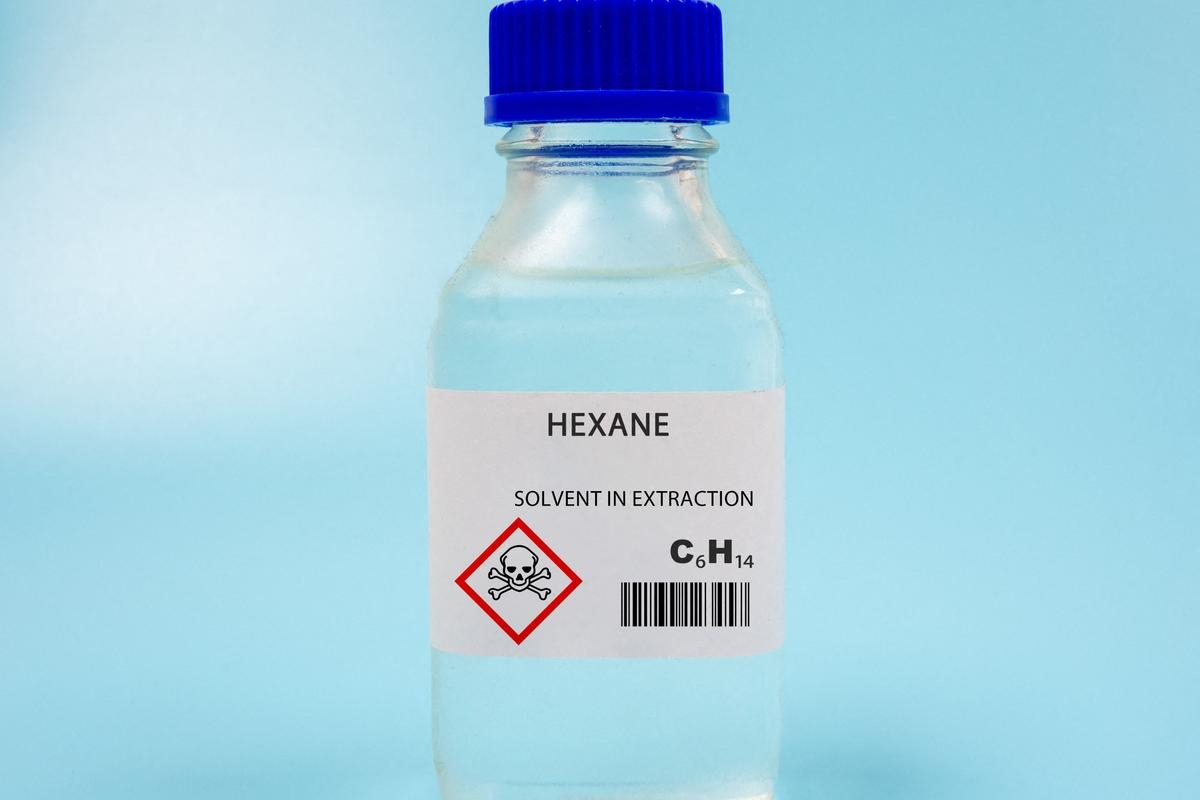In Monaco, Gemluc is partnering with the Scientific Centre to fund two doctoral theses on highly aggressive cancers

It's a never-ending fight against disease. The most effective weapon against it is undoubtedly scientific research. It is with this in mind that the Monegasque Business Group for the Fight Against Cancer (Gemluc), in association with the Monaco Scientific Centre (CSM), announced on 16 September the funding of two doctoral theses studying high-grade brain cancers, via a donation. "This partnership with the Monaco Scientific Centre is a crucial step in our commitment to supporting medical research and innovation," said François Brych, president of Gemluc.
Since its creation in 1973, the group has already donated several million euros to the CSM and the Princess Grace Hospital (CHPG) to promote research advancements. The cancers studied in these two upcoming theses represent a key challenge in the fight. Glioblastomas, or embryonal tumors, are among the most aggressive, with limited survival rates.
To go further, these forms of the disease are refractory to existing therapies. Understanding these tumors could therefore be a way to accelerate the advancement of medical discoveries. This is why the implementation of this support will allow the two doctoral students concerned to devote themselves 100% to their work.
An ambitious long-term projectThe researchers will also benefit from the support of the CHPG, in partnership with the radiotherapy department. "Thanks to this research, we hope to contribute to significant advances in the treatment of brain cancers, particularly through radiotherapy, and to improve the quality of life of patients," said Dr. Vincent Picco, Research Director and head of the "Stem Cells and Brain Tumors" team, in a press release. The ambition is therefore great through this project, which will extend over the long term with, in parallel, a training objective as announced by François Brych: "we are convinced that this research work will open new perspectives in the fight against brain cancers and will make it possible to train the researchers of tomorrow."
Nice Matin




